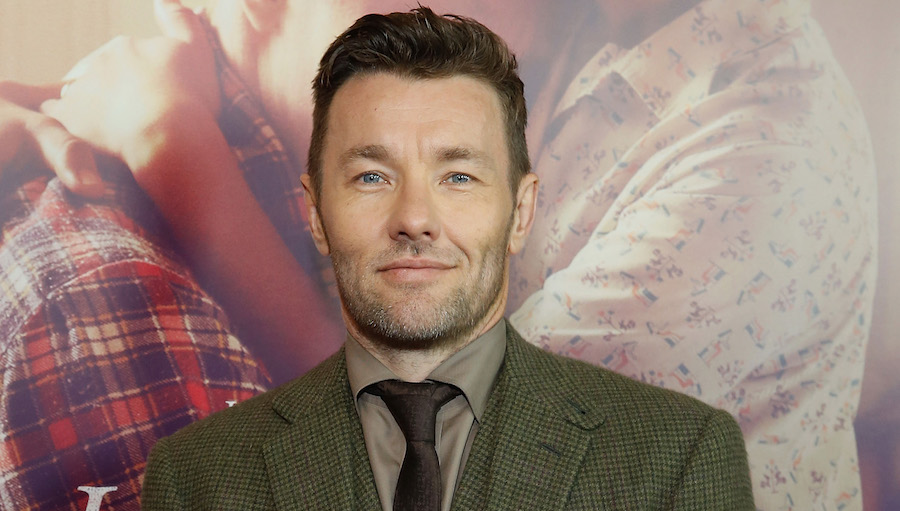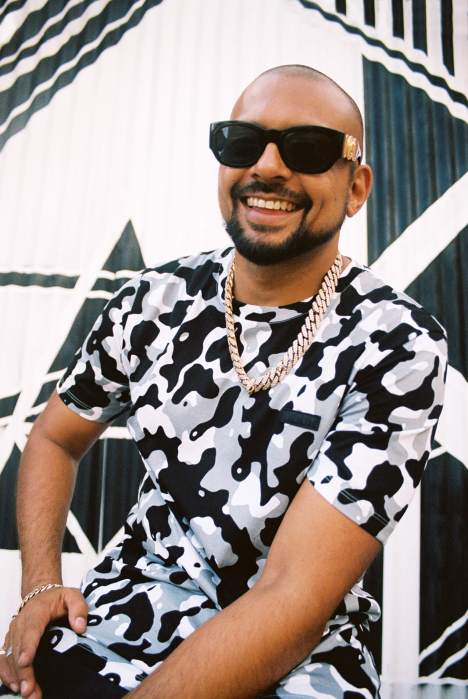In “Loving,” Joel Edgerton and Ruth Negga play Richard and Mildred Loving. The names might not be instantly familiar, but they should be: They were the mixed-race couple who fought anti-miscegenation laws all the way to the Supreme Court, resulting in the 1967 decision that deemed laws prohibiting interracial marriage unconstitutional. Just last year the ruling was cited as precedent in the decision that lifted national restrictions on same-sex marriage. Thing is, the Lovings were just ordinary folks from Virginia who were in love, got married and quietly fought for their rights until ACLU lawyers took it next level. They didn’t even attend the big trial, and Mildred, later in life, said she refused to be called a “hero.” The movie, by Jeff Nichols (“Take Shelter,” “Mud”), respects this. It depicts Richard and Mildred as people just trying to live their lives. It refrains from big speeches, blunt sentimentality and, in the actors’ cases, outsized theatrics. It’s intimate, quiet and, not coincidentally, all the more emotional for it. With “Loving,” Edgerton, the Australian actor and filmmaker — who did both in last year’s sleeper hit “The Gift” — reunites with Nichols after this year’s “Midnight Special.” He talks to us not feeling the burden of playing a widely known icon and how there’s more than one kind of revolutionary. RELATED: Michael Moore says we should still be “scared s—less” about the election Since you’re Australian, I don’t want to assume you knew this story beforehand, especially because I think it’s still a relatively obscure case for Americans. It does allow you two more opportunities to explore the characters as actors. They’re not massively iconic historical figures everyone knows; they’re regular folks who just happen to be involved in a landmark case. As much as we look up to the Martin Luther King Jrs. of the world, I think we look up at them and think, “Wow, I’m not made of that stuff. I’m glad you’re alive and I’m glad you’re speaking on my behalf.” With Richard and Mildred, perhaps we can identify with them more. We look at them and think, “I could be you. I imagine myself wearing your shoes and walking down your road.” We need those people because, again, we can identify with them perhaps better than people who stand 10 feet tall. It’s sometimes tempting to watch a film about such a historical case and think that it’s all contained in the past. We still fight other forms of inequality. Stories like this will likely always be relevant in some way. There will always be some fight for equality we’ll all find ridiculous ever had to be waged in the future.
I was surprised I didn’t know the story. But I was more surprised that more Americans didn’t know the story, unless you studied law or have a similar situation in your own family. A lot of people have come up to us and said, “This is my grandparents’ story” or “This is my mom and dad’s story.” Not many people really knew about Richard and Mildred. In many ways, I felt like that evened the playing field. I didn’t feel like I wasn’t able to take on this privileged challenge and responsibility.
There’s a number of different kinds of revolutionaries. The two that come to my mind are the speech-makers, who stand at the podium and kick down doors. They do something knowing they may be in the firing line, or they may wind up in jail, or they may wind up having acts of violence committed against them. [Richard and Mildred] are the kinds of revolutionaries who find themselves unwittingly at the center of something big.
This situation still exists. It’s happening right now with same-sex couples. It’s all a question about the right to have a private sanctuary. In the case of Richard and Mildred, they were dragged out of their homes [by police]. In the case of same-sex couples, they find themselves having to come out of their homes to be vocal, in order to defend their right to go back to that private space. There’s something weird and ironic about having to go out and argue the case with people who should actually mind their own business.
As Jeff pointed out, it’s not a conversation that we solve then move on. Equality’s never a problem that will one day be fixed. It’s about being vigilant and reminding us time and time again, day by day, to pass on the right messages to the next generation. And to find ways to enter into that conversation with ourselves and think, “Where does judgment live in my brain, and how can I be more honest about how to change that?”
Joel Edgerton on the quiet, ordinary revolutionaries of ‘Loving’

Getty Images
Follow Matt Prigge on Twitter @mattprigge

















